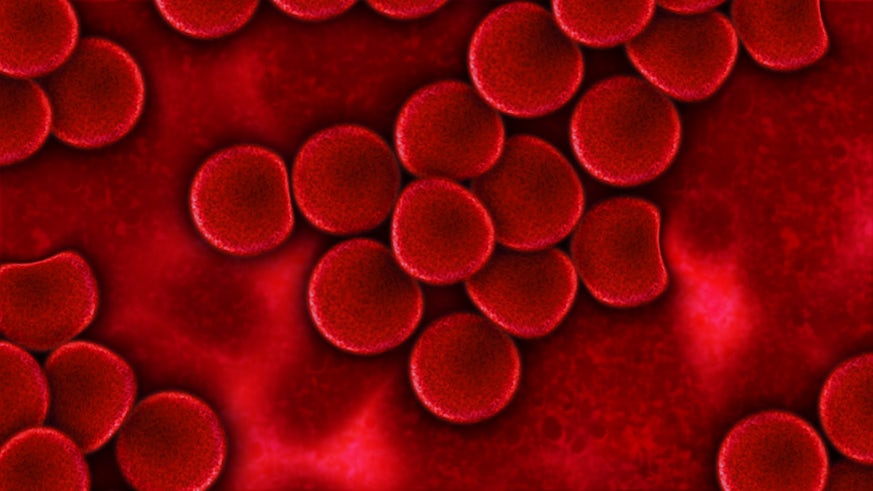Exploring the regeneration of blood stem cells
13 October 2016

New research, led by Dr Fernando Anjos-Afonso, has discovered that a protein critical to the function of the Ataxia-telangiectasia mutated (ATM) gene also plays a key role in the regeneration of blood stem cells.
The ATM gene is responsible for Ataxia-telangiectasia - a rare inherited disorder that affects the nervous system, immune system, and other body systems. ATM, is able to sense ‘insults’ that can damage our genetic material and, once damage is identified, it sends signals to certain proteins within the cells to repair the damaged DNA.
When this gene is mutated, its DNA-repair sensing and recruitment mechanisms are unable to operate as they should. As a result, people with this mutated gene have an increased risk of developing cancer, particularly cancer of blood-forming cells (leukaemia) and cancer of immune system cells (lymphoma).
Dr Anjos-Afonso’s research looked at ATM’s signalling functions in blood stem cells, in particular examining the role of one of the two proteins that enable ATM to function – ATM-interacting protein (ATMIN). The team discovered that when ATMIN is absent, blood stem cells demonstrate impaired regeneration ability. ATMIN therefore has multiple roles in different cell types and its absence inhibits the creation of new blood cells in the body, especially during stress conditions and aging.
Commenting on the research and its implications for our understanding of cancer, Dr Anjos-Afonso said,
“We know that the expression of ATMIN decreases as we age. Our research tells us that a shortage of ATMIN inhibits the body’s ability to repair damaged DNA; this could help explain why people are more disposed to genetic mutations and associated incidences of cancer as they grow older.”
This research was funded by the Frances Crick Institute, and published in Blood - the American Society of Hematology’s weekly medical journal.
Dr Anjos-Afonso is a Research Fellow at the European Cancer Stem Cell Research Institute. His work is funded by the Jane Hodge Foundation.